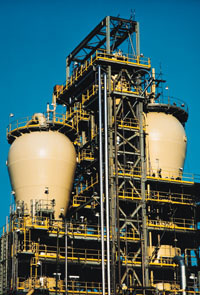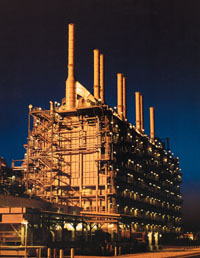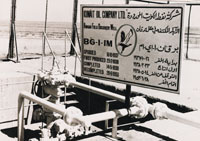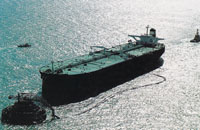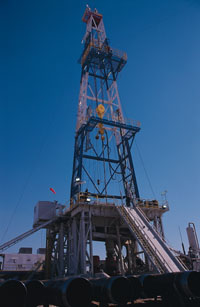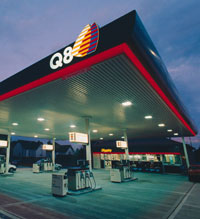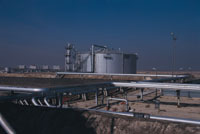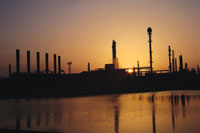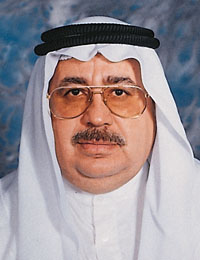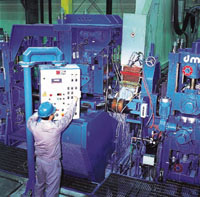
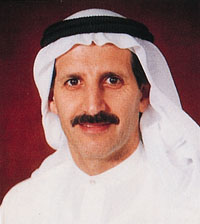 Nader Sultan ... benefits
Nader Sultan ... benefits
AT THE core of the 'Kuwait Project' is a desire by Kuwait to develop difficult reservoirs and maximise recovery rates.
Traditionally, Kuwait has not had to apply advanced technologies to develop its free-flowing oil and is reluctant to go through the process of learning, or the expense, for its northern fields.
In the eyes of the promoters, the most obvious solution was to bring in international oil companies with the expertise and technology to achieve Kuwait's goals for the fields.
Kuwaiti officials are quick to point out, however, that the agreements with the oil majors will take the form of service contracts - the majors will not own any Kuwaiti reserves, as per the constitution, and will not be involved in any exploration.
Such fee-based accords would guarantee a fixed rate of return. International oil companies will be contractors and service providers, hired to develop known reserves. They will also be obliged to lift amounts of crude as specified by the government, and to train Kuwaitis to take over their jobs. Some reports have even suggested that foreign oil companies will be required to employ a 70 per cent Kuwaiti workforce.
KPC deputy chairman and CEO Nader Sultan has said that the Operating Service Agreement model would be of mutual benefit to both Kuwait and the international oil company.
In technological terms, the international oil companies will have to tackle the challenges of waterflood management; artificial lift; corrosion management; non-conventional well application and an enhanced oil recovery pilot project. Other tasks will include reservoir description and surveillance, well intervention and flaring reduction.
By doubling output at the northern fields, Kuwait is hoping to achieve cost efficiencies as well as acquire modern management techniques. In addition, officials hope that the developments will reduce dependence on the country's giant but ageing Burgan oilfield in the South of the country.
Five fields are on offer: Raudhatain, Sabriyah, Ratqah, Abdali and Bahra. Currently producing approximately 430,000 bpd, a production rate of 900,000 bpd is the target, which will than be maintained with infill drilling and enhanced oil recovery techniques.
With production sharing banned in Kuwait, some observers say that the key to the role of the international oil companies lies in the interpretation of one article of the country's charter regarding natural resources.
Article 152 of the country's constitution reads: ''No concession for exploration or either a natural resource or a public service may be granted except by law and for a limited period.
''In this respect the preparatory measures shall facilitate the operations of prospecting and exploration and ensure publicity (transparency) and competition.
Former Oil Minister Shaikh Saud Nasser Al Sabah admitted that the Article posed specific problems.
''If we sign a contractor to give us service without partnership, will this need a law?'', adding that the government believed that there was no need for a law.
Shaikh Saud also pointed out that there were differences between operational services and a partnership agreement such as the one that Kuwait has implemented with the Arabian Oil Company (AOC) in Kuwait's offshore Neutral Zone.
Nevertheless, a draft bill has been issued, and declared to be potentially in violation of the constitution by a parliamentary panel.
Kuwait's western oilfields are also under development, and gathering centres have been opened up in the area to boost total production capacity to 410,000 bpd.




















































































